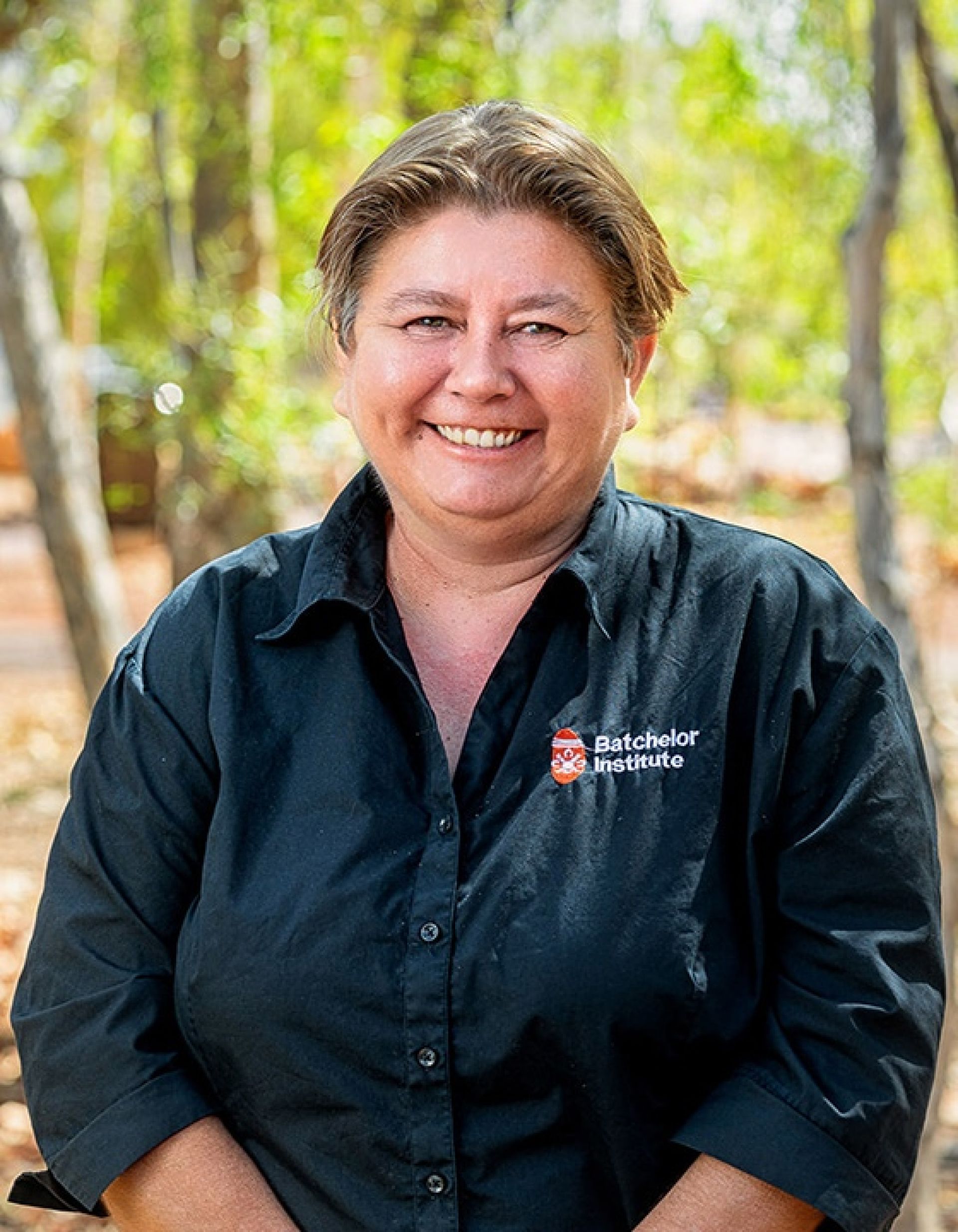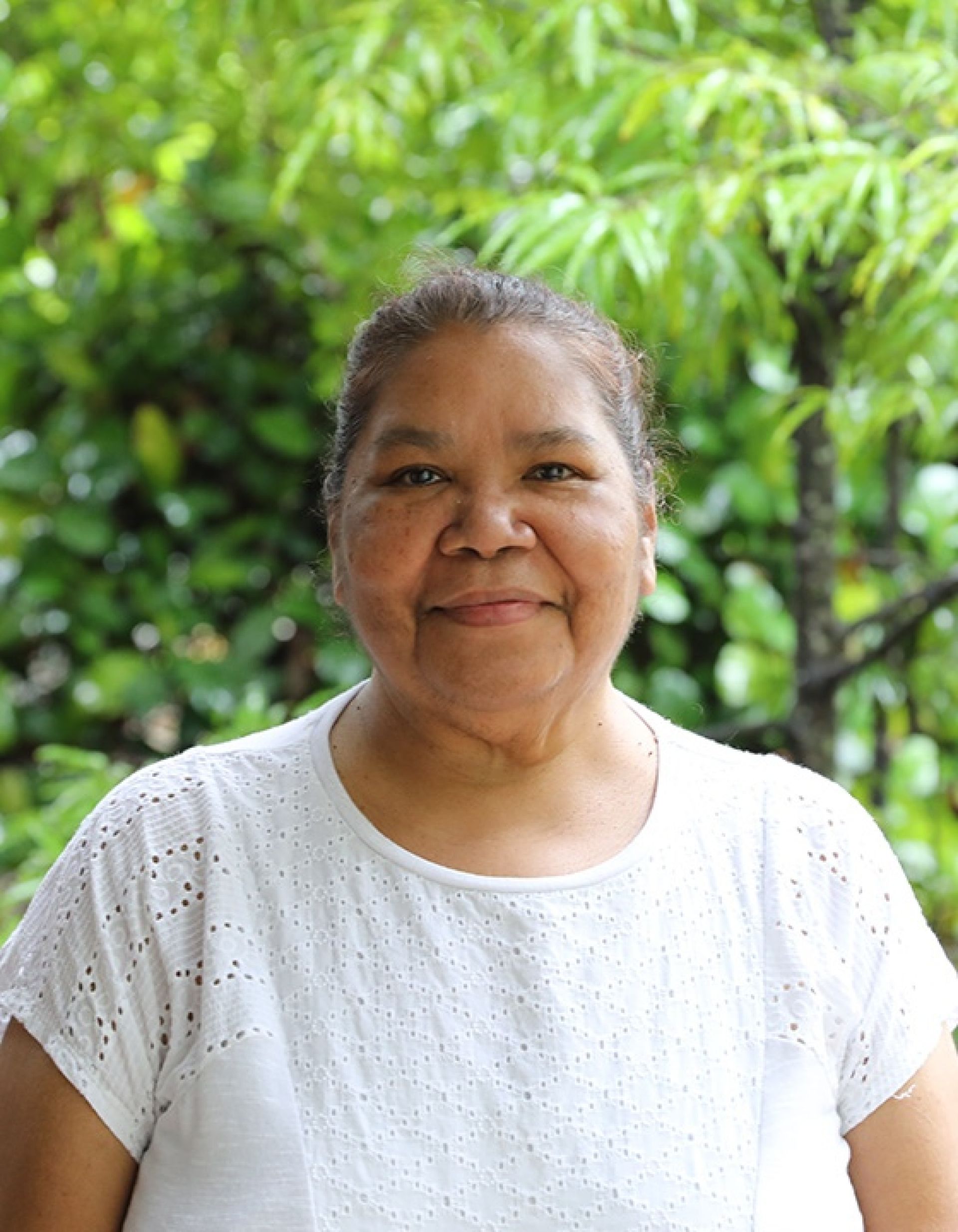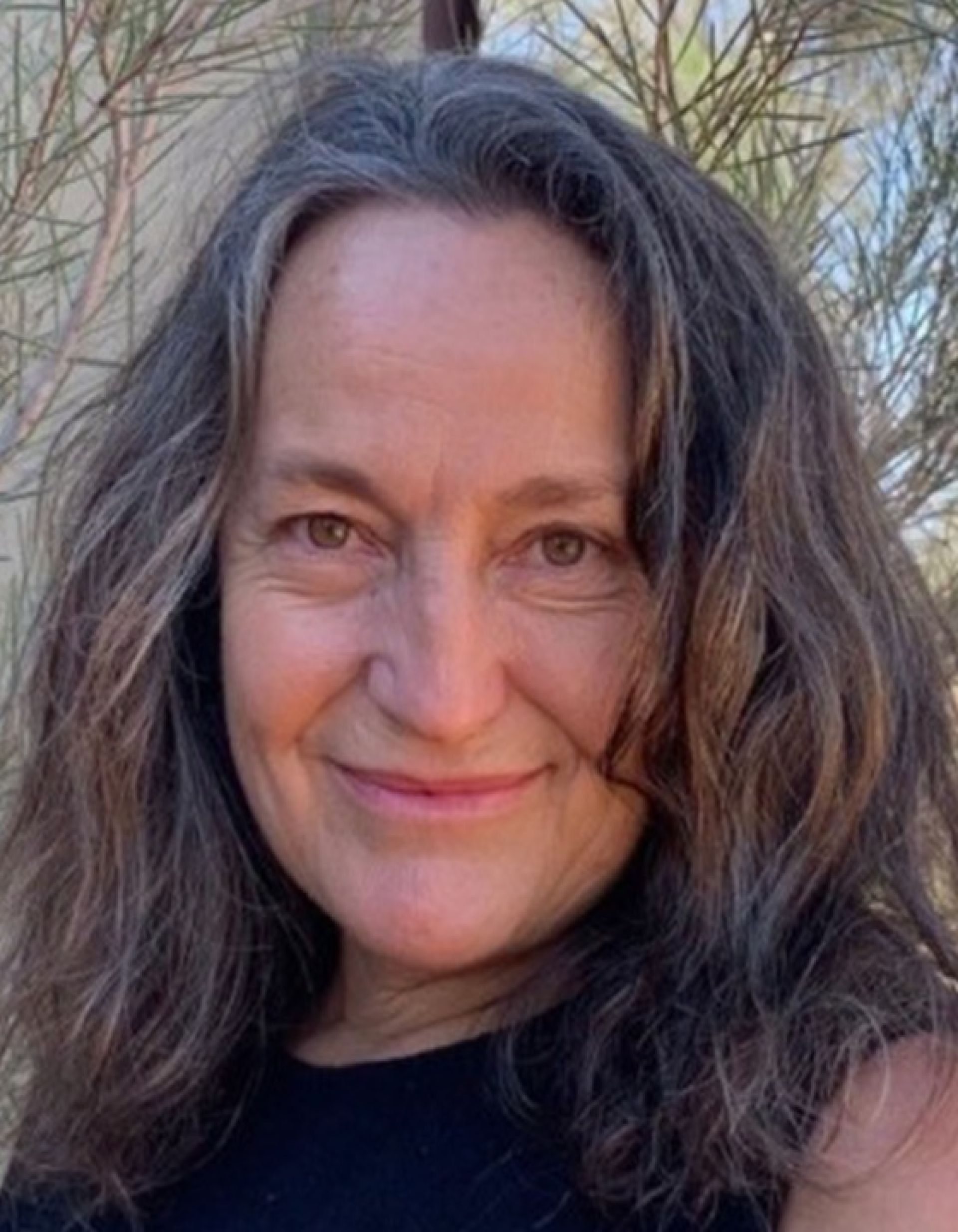Batchelor Institute would like to acknowledge and pay respect to the
Aboriginal and Torres Strait Islander sovereign people of the lands on
which our campuses are located. As we share our knowledge, teaching
and learning and engage in research practices within this Institution
and/or conduct business with a variety of external agencies and
organisations, we must always pay respect to the sovereign status of
our hosts. May their Ancestors always be remembered and honoured,
their Elders listened to and respected, all members treated with
dignity and fairness — in the present and well into the future.
We also acknowledge and pay respect to the knowledge embedded forever
with our hosts, custodianship of country and the binding relationship
they have with the land. Batchelor Institute extends this
acknowledgment and expression of respect to all sovereign custodians
— past, present and emerging. By expressing Acknowledgement of
Country we encourage all to extend and practice respect to all First
Nations people wherever their lands are located.
It is a condition of use of the Batchelor Institute of Indigenous
Tertiary Education website that users ensure that any disclosure of the
information contained in the website is consistent with the views and
sensitivities of the Aboriginal and Torres Strait Islander peoples.
This
includes:
Users are warned that there may be words and descriptions which may be
culturally sensitive and which might not normally be used in certain
public or community contexts. Terms and annotations, which reflect the
author’s attitude or that of the period in which the item was written,
may be considered inappropriate today in some circumstances.
Users of the website should be aware that, in some Aboriginal and Torres
Strait Islander Communities, seeing images of deceased persons in
photographs, film and books or hearing them in recordings may cause
sadness or distress and in some cases, offend against strongly held
cultural prohibitions.
Materials included in this website may be subject to access conditions
imposed by Indigenous communities and/or depositors. Users are advised
that access to some materials may be subject to these terms and
conditions which the Institute is required to maintain





